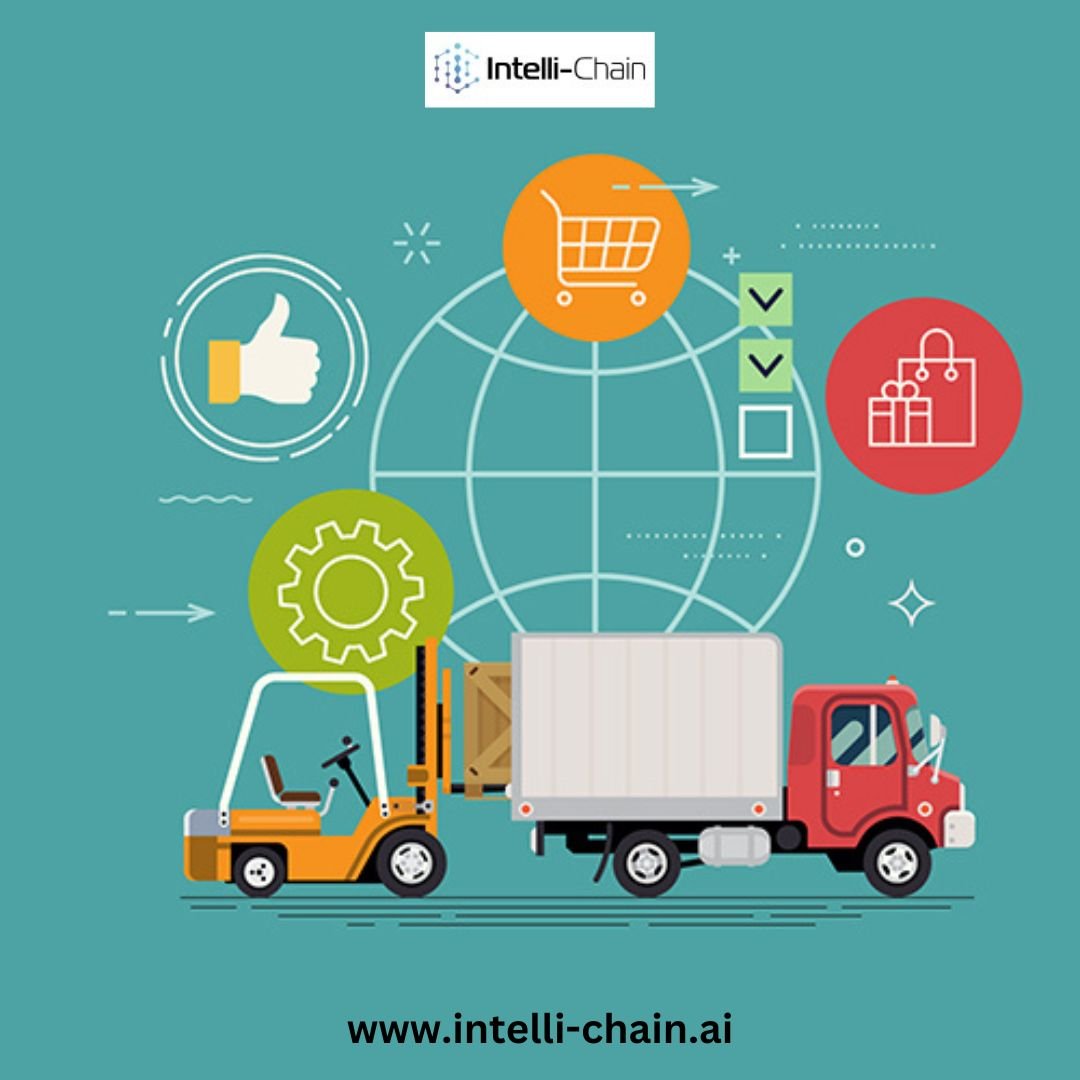As global markets evolve, businesses must embrace innovative strategies for supply chain optimization to stay competitive. Emerging technologies and shifting consumer demands are reshaping how companies manage logistics, inventory, and distribution. Here are key trends shaping the future of supply chain optimization.

AI and Machine Learning
Artificial Intelligence (AI) is revolutionizing supply chains by predicting demand, identifying inefficiencies, and automating decision-making. Machine learning algorithms analyze vast amounts of data, helping businesses make smarter, faster choices.
Blockchain for Transparency
Blockchain technology enhances supply chain transparency by providing a tamper-proof record of transactions. This improves trust, reduces fraud, and ensures real-time tracking of goods.
Sustainable Practices
With growing environmental concerns, companies are focusing on eco-friendly supply chain strategies. Sustainable packaging, green logistics, and carbon footprint reduction are becoming essential components of supply chain optimization.
IoT and Smart Warehousing
The Internet of Things (IoT) enables real-time monitoring of inventory, shipments, and equipment. Smart warehouses use IoT sensors and automated robots to streamline storage and distribution processes.
Resilience and Risk Management
Disruptions like pandemics and geopolitical events highlight the need for resilient supply chains. Companies are diversifying suppliers, leveraging digital tools, and adopting agile strategies to mitigate risks.
The future of supply chain optimization is driven by technology, sustainability, and adaptability. Businesses that embrace these trends will gain a competitive edge in an increasingly complex marketplace.
